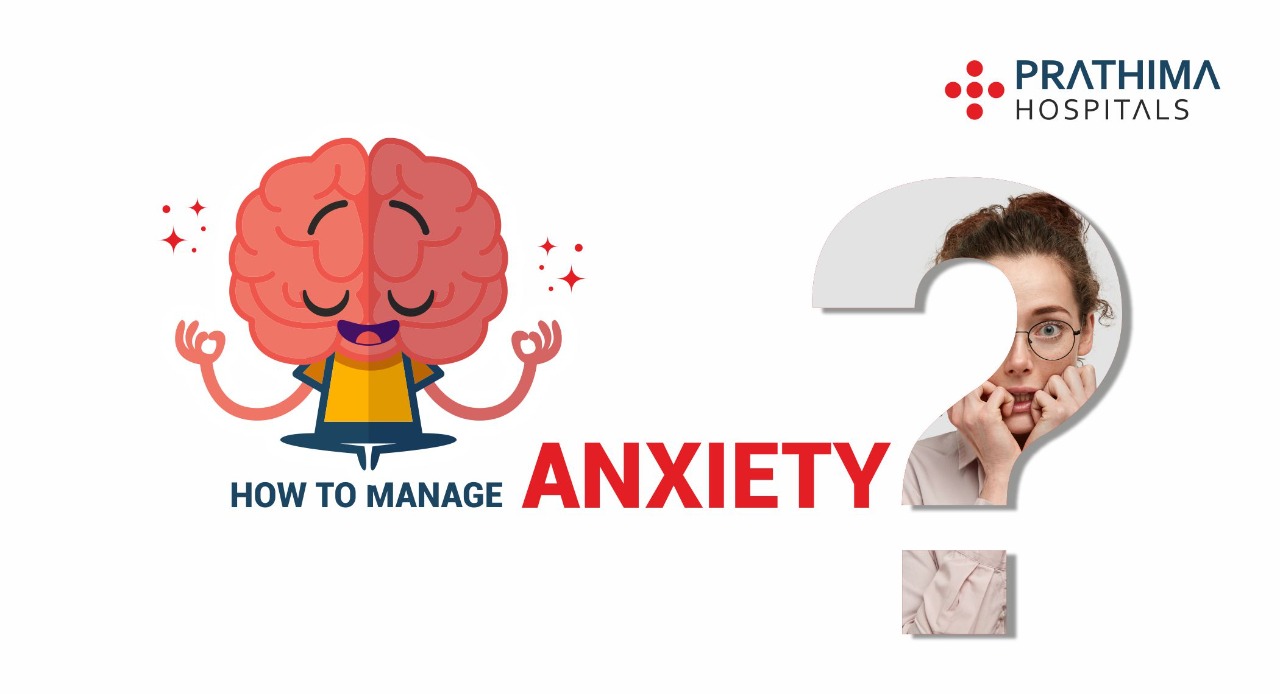Anxiety: All About Its Management

Anxiety is an emotion of suspicion, panic, and skepticism. It might induce restlessness, panic attacks, phobias, and palpitations. The anxiety may bestow you an increase of stability or enable you to concentrate. But for populations with anxiety ailments, the suspicion is not temporary and can be irresistible. While anxiety can be awful, it is a normal human experience designed to keep us safe. It often generates when something we care about seems threatened, and will usually uphold once the anticipated warning has been approved. Sometimes anxiety symptoms can arise from unknown causes.
Types of Anxiety:
There are several types of anxiety disorders, including:
- Generalized anxiety condition. People with GAD worry about ordinary issues such as health, money, work, and family. But their worries are excessive, and they have them almost every day for at least 6 months.
- Panic ailment: Population with panic disorder have panic attacks. These are sudden, repeated periods of intense fear when there is no danger. The attacks come on quickly and can last several minutes or more.
- Panics and phobias. A community with phobias has an intense fear of something that poses little or no actual danger.
Causes of Anxiety:
The following are causes of anxiety
- Stress
- Genetics
- Environmental factors
- Medical diseases like Heart disease, Diabetes, Thyroid problems, such as hyperthyroidism, Respiratory disorders, such as chronic obstructive pulmonary disease (COPD), and asthma
- Drug misuse or withdrawal
- Withdrawal from alcohol, anti-anxiety medications (benzodiazepines), or other medications
Symptoms of Anxiety:
The following are signs and symptoms of anxiety
- An emotion of being on edge and nervous, or having high levels of anxiety
- Persistent and unreasonable suspicions or undue concern
- Anxiety concentrating and recalling stuff
- Petulance
- Distress sleeping
- Avoidance of situations, places, people, activities (including study), thoughts, or feelings that trigger anxiety.
The physical symptoms of anxiety may include:
- A throbbing heart
- Brevity of gust, tension breathing, or a parched mouth
- Tightness in the chest
- Sweating, jiggling, tingling, or numbness.
- Headaches
Diagnosis of Anxiety:
- A thorough case taking
- Medical history
- Psychological evaluation
Treatment and management of anxiety:
- Psychotherapy
- Cognitive-behavioral therapy (CBT) is a type of psychotherapy that is often used to treat anxiety disorders. CBT teaches you different ways of thinking and behaving. It can help you change how you react to the things that cause you to feel fear and anxiety.
- Lifestyle modification
- Antidepressants
- Do some chores or organizing around the house.
- Engage in a creative activity, such as drawing, painting, or writing.
- Go for a walk or engage in some other form of physical exercise.
- Listen to music.
- Practice yoga and meditation
- Browse a good novel or gawk at a funny movie.
- Get help early. Anxiety, like many other mental health conditions, can be harder to treat if you wait.
- Stay active. Participate in activities that you enjoy and that make you feel good about yourself.
- Avoid alcohol or drug use.
We hope this article changes one’s perception of anxiety. Early diagnosis leads to better treatment and faster recovery. Consult an medical professional if you have serious anxiety issues.
Prathima Hospital is one of the best neurology hospitals in Hyderabad with experts in dealing with mental health issues for both children, adults, and seniors. Our experts take a unique approach towards the patient and try to understand what really makes them feel anxious and stressed out; then our doctors conclude what kind of treatment can be provided to the patient for the betterment and wellbeing. That’s the reason why Prathima Hospitals is considered as one of the best anxiety treatment hospitals in Hyderabad.



